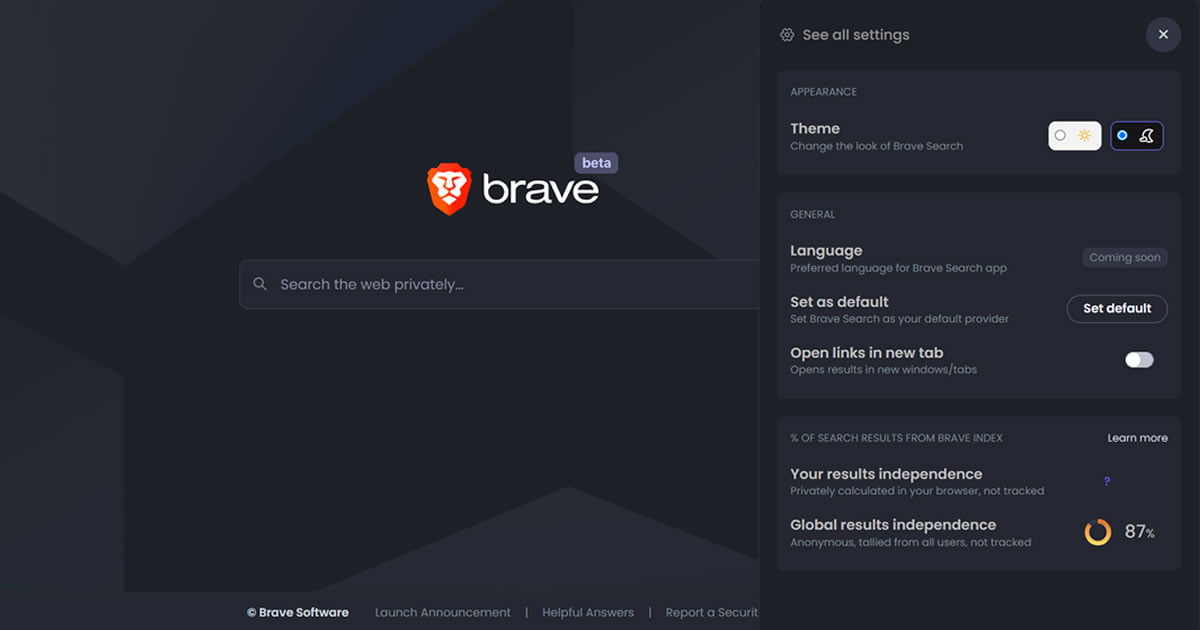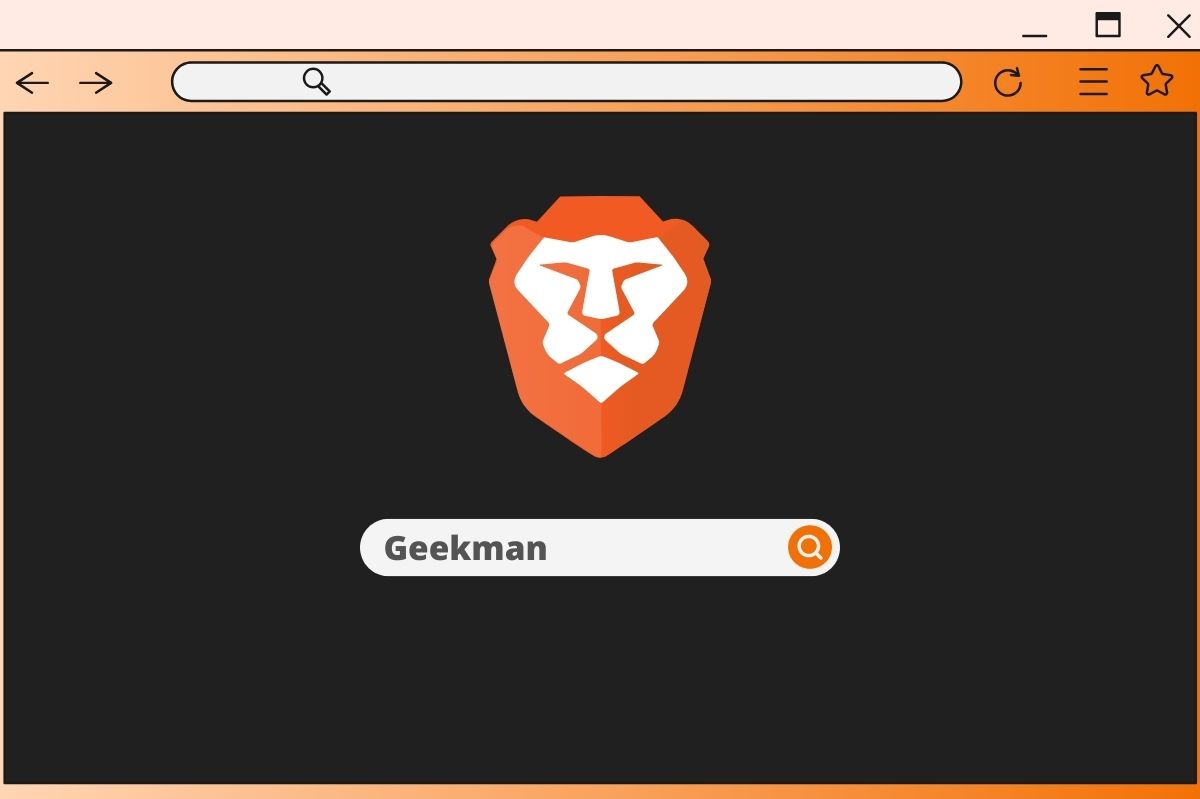
“We expect to see even greater demand for Brave in 2021 as more and more users demand real privacy solutions to escape Big Tech’s invasive practices,” he added in a statement. He points to “unprecedented” growth in usage of its browser over the past year - up from 11M monthly active users to 26M+ - which he says has mirrored the surge in usage earlier this year seen by the (not-for-profit) e2e encrypted messaging app Signal (after Facebook-owned WhatsApp announced a change to its privacy policies to allow for increased data-sharing with Facebook through WhatsApp business accounts). Also, owing to its transparent nature, Brave Search will address algorithmic biases and prevent outright censorship.”īrave getting into the search business is a reflection of its confidence that privacy is becoming mainstream, per Eich. “Brave will provide the first private browser+search alternative to the Big Tech platforms, and will make it seamless for users to browse and search with guaranteed privacy. “Tailcat as Brave Search will offer the same privacy guarantees that Brave has in its browser.

“Tailcat is a fully independent search engine with its own search index built from scratch,” Eich told TechCrunch.

“Tailcat does not collect IP addresses or use personally identifiable information to improve search results.”Ĭliqz, which was a privacy-focused European fork of Mozilla’s Firefox browser, got shuttered last May after its majority investor, Hubert Burda Media, called time on the multi-year effort to build momentum for an alternative to Google - blaming tougher trading conditions during the pandemic for forcing it to pull the plug sooner than it would have liked. In contrast, the Tailcat search engine is built on top of a completely independent index, capable of delivering the quality people expect but without compromising their privacy,” Brave writes in a press release announcing the acquisition. “Under the hood, nearly all of today’s search engines are either built by, or rely on, results from Big Tech companies.

The tech will underpin the forthcoming Brave Search engine - meaning it will soon be pitching its millions of users on an entirely ‘big tech’-free search and browsing experience. Today it’s announced the acquisition of an open source search engine developed by the team behind the ( now defunct) Cliqz anti-tracking search-browser combo. Brave, the privacy-focused browser co-founded by ex-Mozilla CEO Brendan Eich, is getting ready to launch an own-brand search engine for desktop and mobile.


 0 kommentar(er)
0 kommentar(er)
